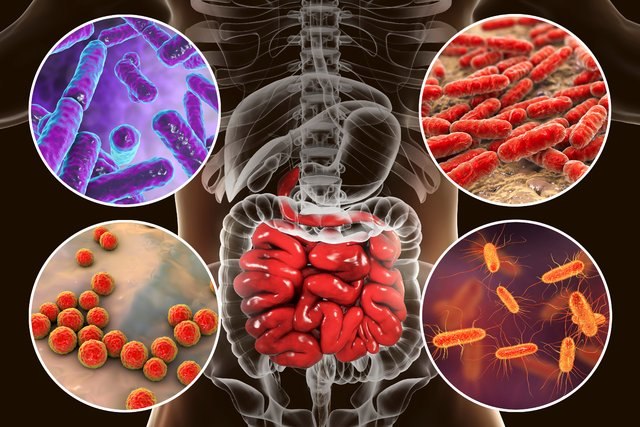An easier, softer way…
As a recovering/recovered chip-carrying member of Alcoholics Anonymous for more than seven years, I believe there are many solutions for solving the problem of substance abuse and addiction. The following are some of my thoughts on how we can clean up the wreckage of our past so that we can pave the way to a more sober-minded future.
Substance abuse and addiction have severe consequences not only for individuals but also for society. Today, these problems extend beyond personal health issues, substantially affecting social, economic, and public health domains.
Firstly, substance abuse significantly impacts public health and safety. The relationship between substance abuse and various health issues, such as heart disease, mental disorders, and infectious diseases, is well-documented. Moreover, it is often linked with risky behaviors like unprotected sex and driving under the influence, which contributes to further health issues and accidents.
In terms of social consequences, substance abuse often leads to disruptions in family life and decreased productivity at work, thereby causing stress and instability within families and workplaces. Children growing up in such environments are at an increased risk of developing substance use disorders. Additionally, addiction is closely related to crime, with a significant proportion of those incarcerated being substance users, often driven to illicit activities to sustain their habit.
From an economic perspective, the cost of substance abuse is staggering, with substantial expenses incurred in health care, criminal justice, and lost productivity. As per the National Institute on Drug Abuse, substance abuse, and addiction cost American society more than $740 billion annually related to crime, lost work productivity, and healthcare.
Given the profound impact of substance abuse on society, it is essential to implement strategies to mitigate its effects and provide help for those affected. One such approach is investing in prevention and early intervention programs. These programs can target vulnerable populations, such as children and adolescents, and aim to equip them with skills to resist peer pressure and make healthy life choices. Such strategies are cost-effective as preventing substance abuse reduces the costs associated with treating addiction and related health issues.
Next, enhancing access to treatment and recovery resources is a critical aspect of managing substance abuse. One of the barriers to accessing treatment is the stigma associated with addiction. Societal attitudes often paint addiction as a moral failing rather than a health issue, preventing individuals from seeking help. Therefore, public health campaigns need to focus on changing societal perceptions of addiction and promoting the idea that recovery is possible.
Furthermore, integrating addiction treatment into primary health care can significantly reduce barriers to treatment. This involves training healthcare providers to screen for substance use disorders and provide brief interventions, referrals to specialized treatment, and follow-up care.
In addition, support for harm reduction programs, such as needle-exchange programs and opioid substitution therapy, is crucial. These programs can reduce the spread of infectious diseases, decrease overdose deaths, and help connect people with treatment resources.
Finally, addressing the social determinants of health can prevent substance abuse and addiction. This means working on broader societal issues, such as reducing poverty, improving education, and providing stable housing, which can contribute to a decrease in substance abuse rates.
In conclusion, substance abuse and addiction pose significant challenges to society, affecting public health, safety, and economic prosperity. However, by focusing on prevention, improving access to treatment, supporting harm reduction, and addressing social determinants of health, we can reduce the burden of addiction on society, promote health and well-being, and create more resilient, sober-minded communities and humanity.
Sobriety is almost never an easy choice, and a hard bottom is usually where most addicts need to find themselves before they can look up from the mess they have landed themselves in. As someone who was once at that hard bottom that it is possible to recover and rejoin society as a healthy, sober-minded, contributing individual. There are many pathways back. For me, Alcoholics Anonymous was the easier, softer way to find my way back.
